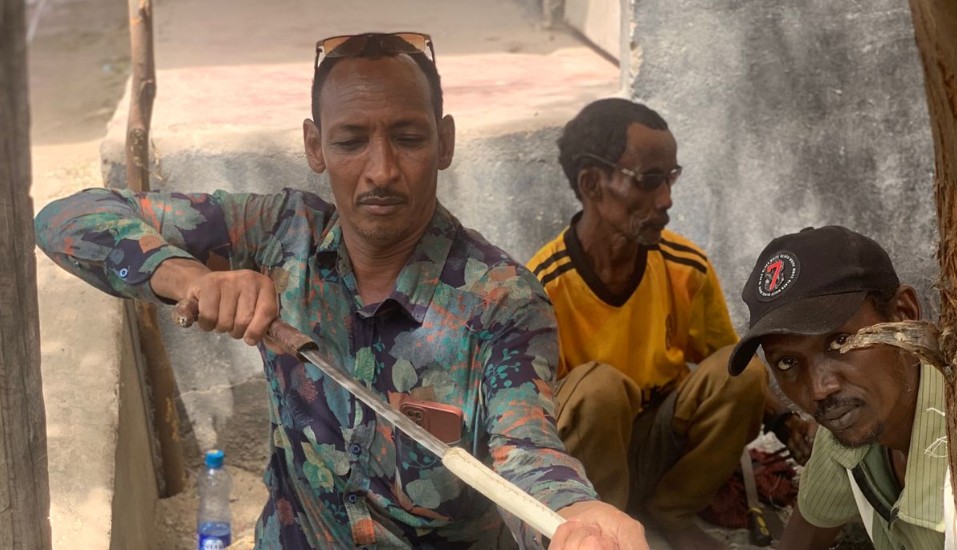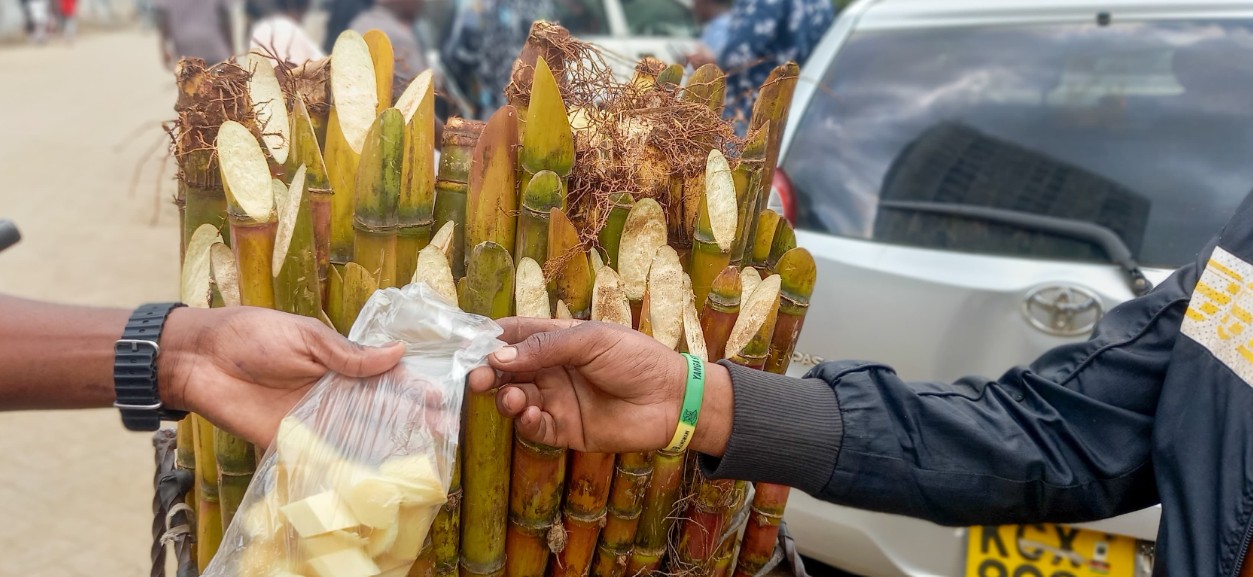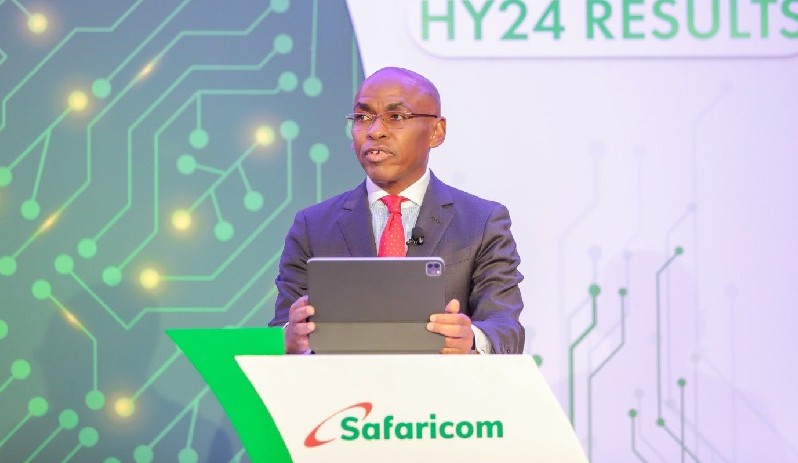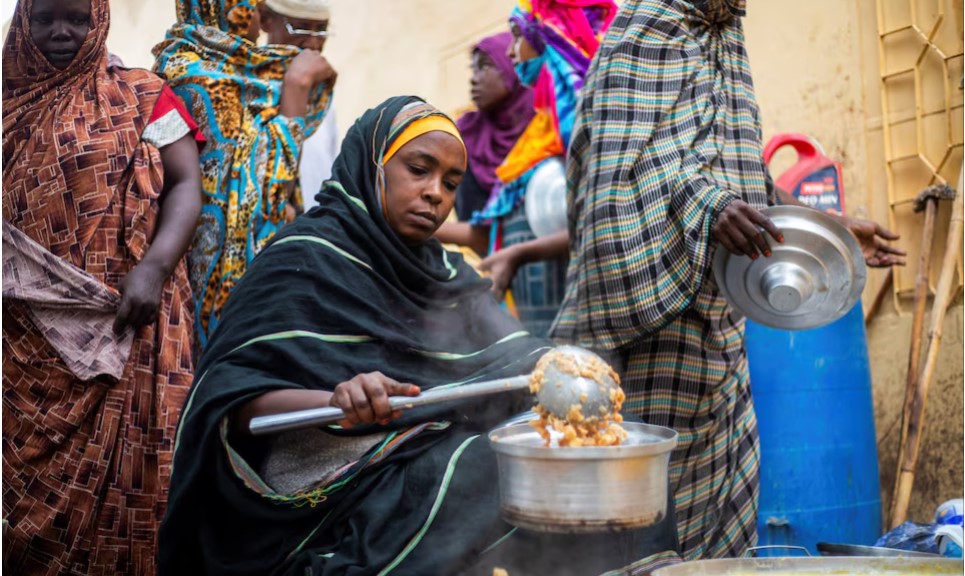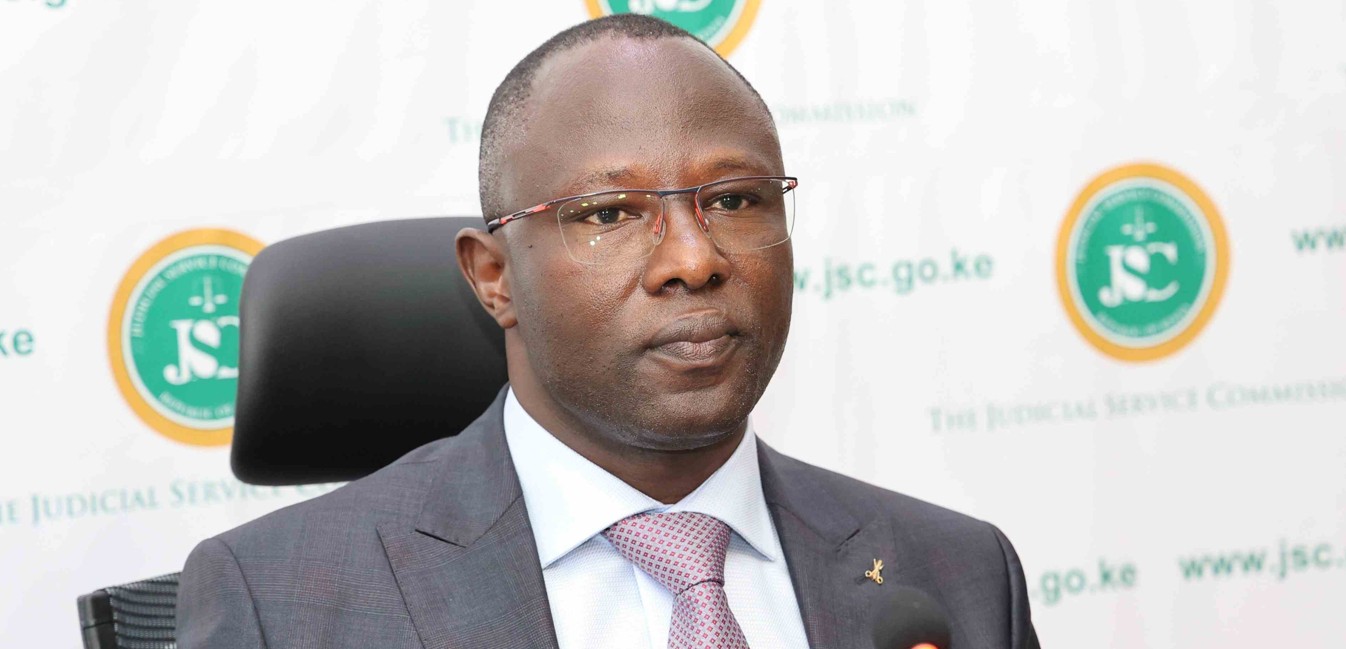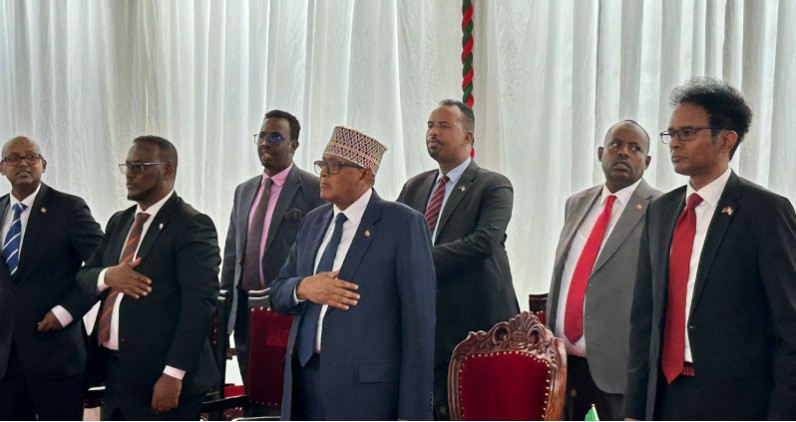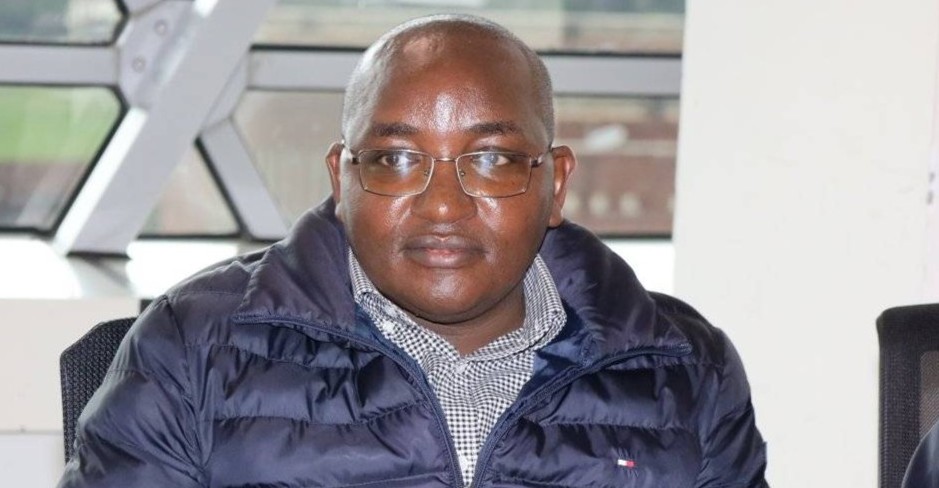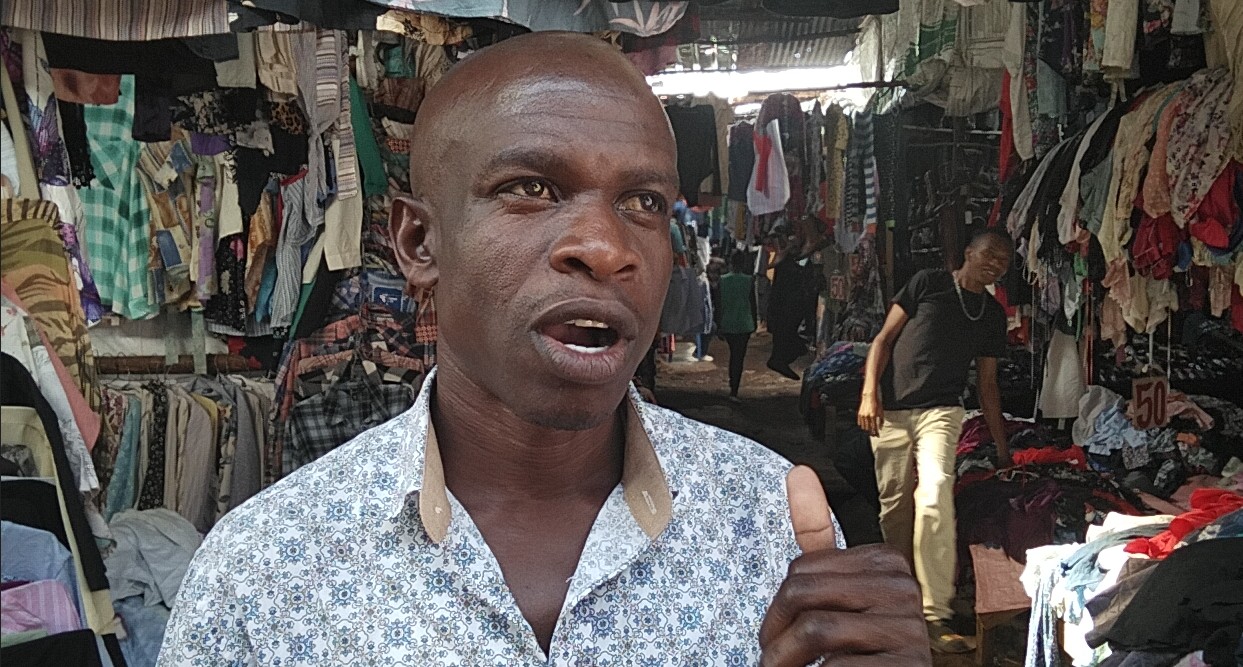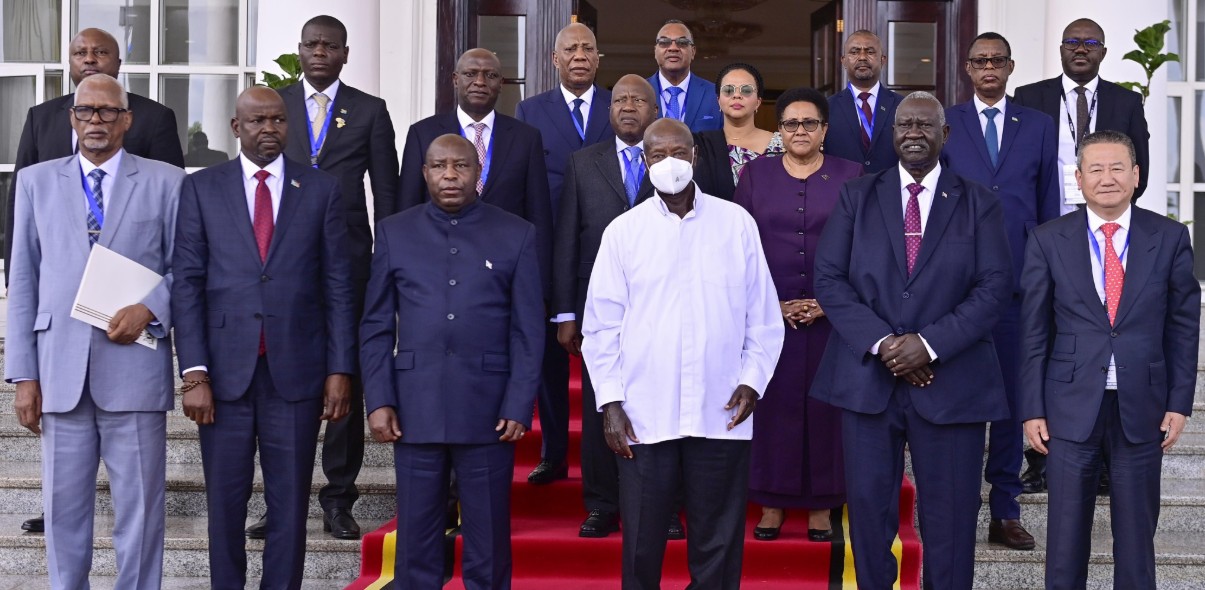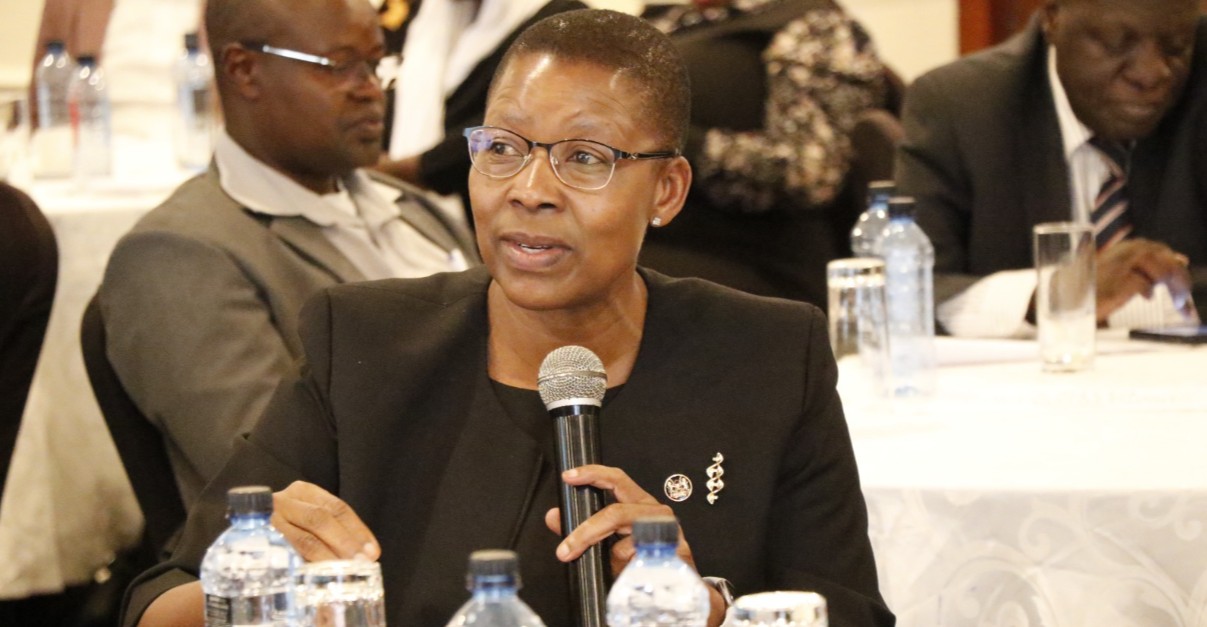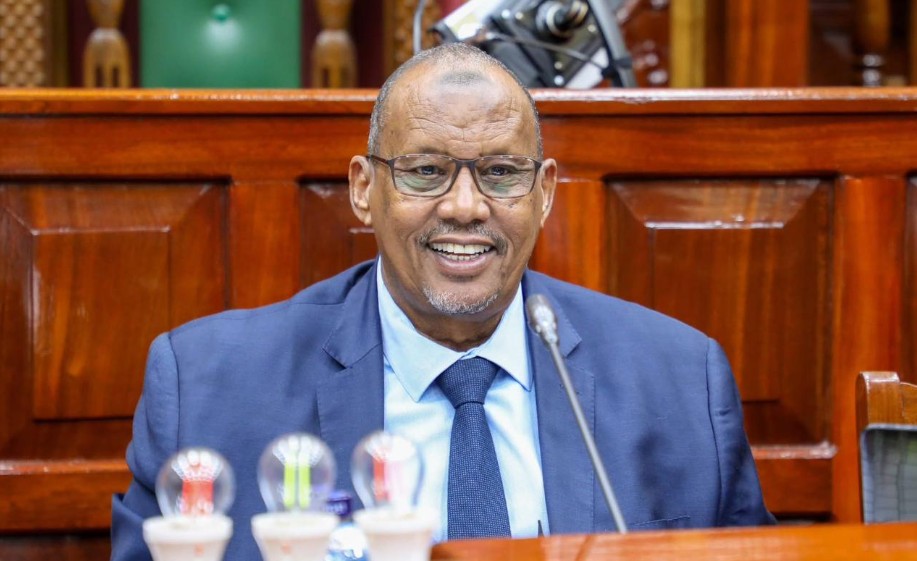Ngũgĩ wa Thiong'o: A legacy of literary greatness and unfulfilled Nobel Prize dream
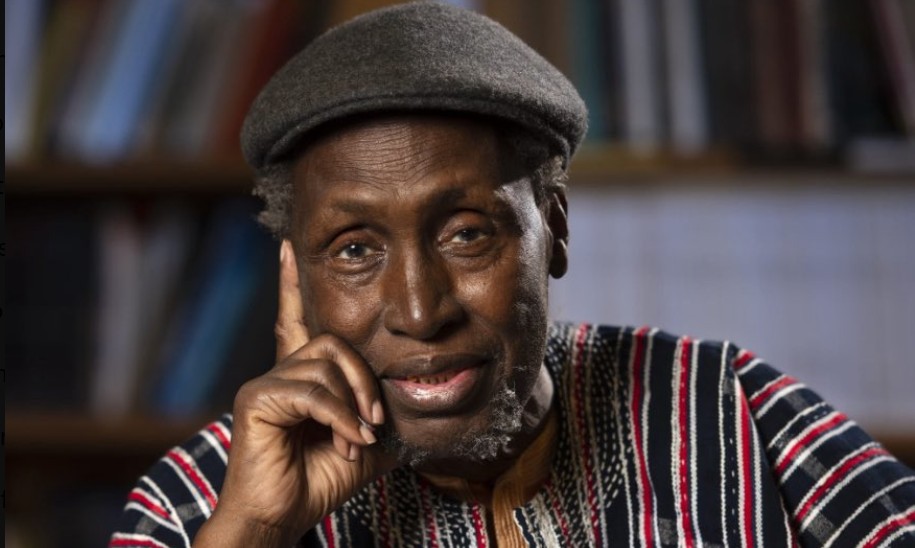
The constant bated breath to see Ngugi win the Nobel Prize literally triggered anxiety. It even evoked sharp debate on the place of literary prizes and greatness in African literature.
“Will a day come when Kenya’s own son, Ngũgĩ wa Thiong’o, will win the Nobel Prize for Literature as many of his fans have been asking themselves every year for the last decade?” This was the question Kenya’s literary scholars and enthusiasts asked for several decades while the late celebrated author Ngũgĩ wa Thiong’o was alive.
The constant bated breath to see Ngũgĩ win the Nobel Prize literally triggered anxiety. It even evoked sharp debate on the place of literary prizes and greatness in African literature.
More To Read
- Kenya and world mourn literary icon Ngũgĩ wa Thiong’o, champion of African languages
- Literary icon and revolutionary Ngũgĩ wa Thiong’o dies at 87 in Atlanta
- Butere Girls’ troubled performance at drama festival echoes Ngugi wa Thiong’o’s banned play
- US policies restricting academic freedom, author Mukoma Wa Ngugi says as he sues Trump
- Reclaiming narratives: African storytelling as a path to justice and reparations
- Six best African sci-fi and fantasy books to read this holiday
Kenyan author and journalist Ng'ang'a Mbugua believed Ngũgĩ never won the Nobel Prize because he never received enough honour at home like other writers of his calibre.
“Despite having an impressive body of works – including canonical writings like Petals of Blood and A Grain of Wheat - no county government has recognised Ngũgĩ at home, yet he has contributed to the cultural, literary and intellectual renaissance of counties like Kiambu, where he was born and Nairobi, where he worked,” said Ng’ang’a.
Nga’ang’a indicates that in the same way, although the national government routinely recognises heroes every Mashujaa Day, it has not found it fit to recognise Ngũgĩ, Kenya’s most illustrious literary son.
Ngũgĩ’s long and winding wait for the Nobel Prize was a subject of top literary magazines. In in article in the Brittle Paper titled “Why It’s Okay to Be Sad That Ngugi Didn’t Win the 2017 Nobel Prize,” by Ainehi Edoro, a Nigerian writer, critic and academic who is also the founder and publisher of the African literary blog Brittle Paper, she notes that everyone knows the people who braved all manner of dangers to give a continent a voice.
In Edoro’s explanation, Ngũgĩ started writing in the ‘60s when the idea of an African writer was still, in some parts of the so-called civilised world, considered to be a rare and illegitimate oddity. At a time when the novel as a form was so impoverished that it could not imagine lives and spaces outside of the Western world, Ngũgĩ and his companions came to teach the world how to tell stories about Africans without reducing them to mere narrative props.
“Ngũgĩ helped invent a literary form. He helped establish the norms and practices of what we today call The African Novel. In so doing, he helped inaugurate a new literary tradition,” wrote Edoro.
In the writer’s mind, “One day, he will win, and my sadness will be transfigured into laughter. If he never wins, I will find joy in the knowledge that I stayed faithful to my belief in his uncommon monumentality.”
Before his untimely demise, Ngũgĩ had been tipped to win the prestigious prize since 2010. The 2017 prize was, however, awarded to British novelist Kazuo Ishiguro for his emotionally impactful novels, the Nobel Foundation announced on Thursday.
He was selected out of the about 350 nominations made by literary experts and former Nobel laureates from around the world.
Ngũgĩ published his first book in English in 1964, which was the first by a writer from East Africa. He later changed his language of writing to his native Gikuyu language.
He set up a revolutionary theatre in the 1970s that provoked the authoritarian regime at the time, leading to his arrest and imprisonment for over a year over his 1977 play Ngaahika Ndeenda (I Will Marry When I Want) that bore a political message.
Ngũgĩ continued to write from prison, where he wrote his first Gikuyu novel. He later went into exile to the United States after his release and subsequent harassment of his family and loss of his teaching job at Nairobi University.
In the United States, he became a professor of Comparative Literature and Performance Studies at Yale University, New York University and the University of California, Irvin, as a Distinguished Professor of English and Comparative Literature, and the Director of the International Centre for Writing and Translation.
He has several works, including novels – Weep Not, Child, The River Between, A Grain of Wheat – and plays, short stories, children’s literature, memoirs, and essays, among others.
Ngũgĩ wa Thiong’o is the founder and editor of the first Gikuyu-language journal. If he had won the 2017 Nobel Prize in Literature, he would have been the second African laureate since 1986, when Nigerian writer Professor Wole Soyinka won the prize.
Top Stories Today
